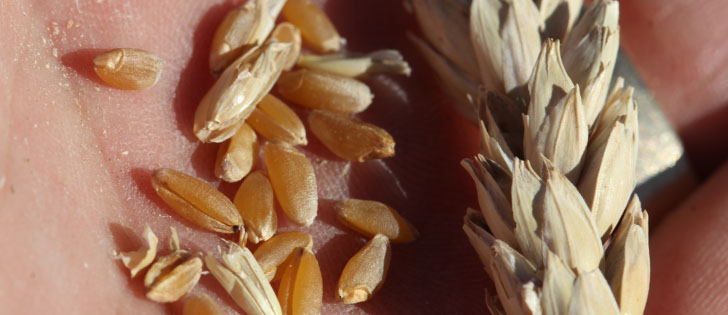Canadians are less informed about world events than they were 20 years ago, says the president of research firm Harris/Decima.
“We have become so disengaged as a society in understanding important political events and important social affairs around the world that our level of comprehension as a society about what is happening is really quite lower than it was before,” Bruce Anderson said during the Grow Canada conference held in Calgary Dec. 2-3.
He said the lack of understanding of world events includes the average person’s knowledge about food production and the importance of crop science to grow food for the world.
Read Also

Canadian Food Inspection Agency extends chronic wasting disease control program consultation deadline
Date extended for consultation period of changes to CWD program
Recent polls found 61 percent believe pest control products help grow better crops and stave off hunger. Fifty-eight percent agreed when asked if they believed genetically modifying plants has saved people from dying.
“Given the role crop science has played, this is a pretty poor level of understanding about what this area of science and level of technology has been able to do to eradicate world hunger,” Anderson said.
“It is something that is undermining support for use of these products.”
When asked if this technology is essential for the future of the human race, the responses were split down the middle and many admitted they did not know there was a problem to be solved.
“They are not concluding what is best for the world but what is best for me. It is going to lead to a better quality of life for me and the people I feed,” Anderson said in interpreting the research.
“About 80 percent of the opinion that is forming is forming around the personal and the family issues and 20 percent around political issues around the world and saving people from hunger.”
People also said they want fewer chemicals and more natural food because they associate “natural” with greater nutrition.
Food company marketing programs are using words such as white flour, sugar, fat, sodium and preservatives and comparing them negatively to organic, natural, low sodium, free range, antibiotic free, whole grain and heirloom products.
“The use of these terms is becoming ubiquitous and not just in terms of environmental organizations, but by major food manufacturers and major grocery retailers across all industrialized countries,” he said.
“This kind of marketing is reinforcing the notion that what we have been doing is not as healthy or as nutritious as it could be.”
Polling in November found 86 percent want their stores to offer fruit and vegetables grown without the use of chemical pesticides or fertilizer. A smaller group wants only chemical free products. More than half those surveyed said they want organic and three quarters said they want food produced without chemicals.
Among those surveyed, a large majority was confident that food is safe to eat, but the majority also wondered if enough care has been taken to remove pesticide residues.
Buying patterns do not always match what people tell pollsters, but they do indicate people are thinking about the issue.
Anderson said there are ways to turn those opinions around, but it needs to be done soon.
Crop science needs to adopt a new language when marketing products. He suggested using terms such as nutri-crops, expanding nutrition or emphasizing lighter environmental impact. Perhaps GM food could be sold as products that make the individual healthier and resolve disease problems.















